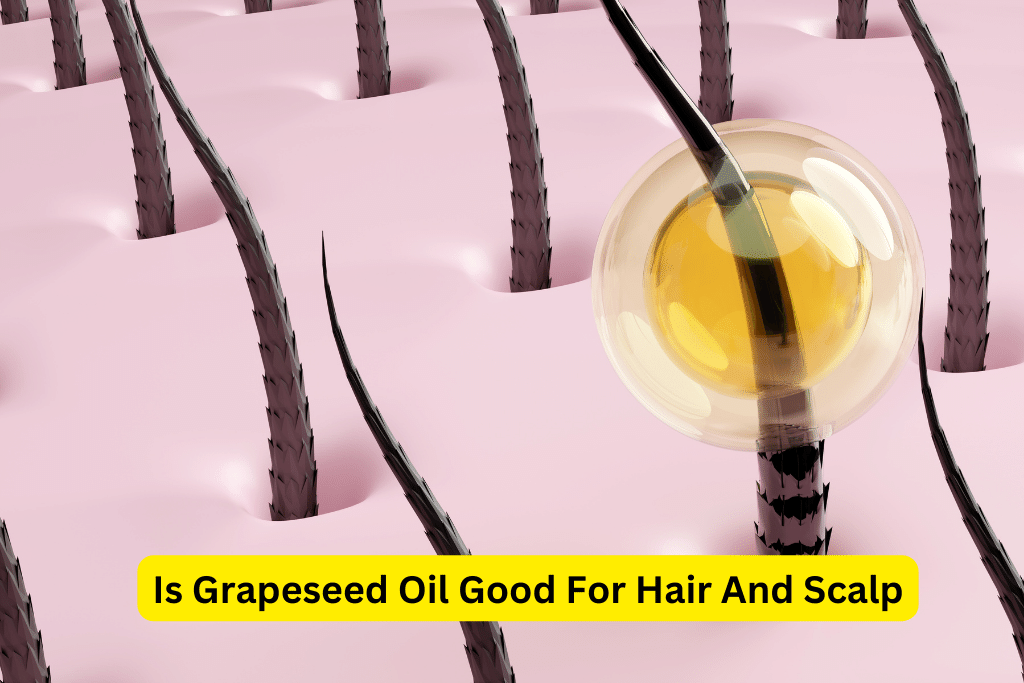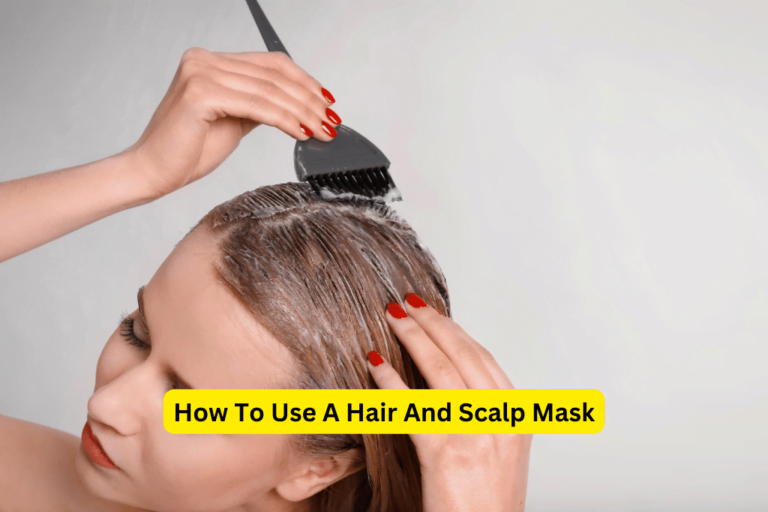Transform Your Hair with Grapeseed Oil: Healthy Scalp Solution
Is Grapeseed Oil Good For Hair And Scalp
Grapeseed oil is a popular natural ingredient that has gained recognition for its numerous benefits for hair and scalp health. If you’re looking for a natural solution to improve the condition of your hair and scalp, grapeseed oil may just be what you need. In this ultimate guide, we will explore the origins and properties of grapeseed oil, its impact on hair and scalp, and how to use it effectively to achieve the best results.
Understanding Grapeseed Oil
Grapeseed oil is derived from the seeds of grapes, typically the ones used for wine production. It is light in texture, odorless, and easily absorbed by the hair and scalp. Composed of essential fatty acids, antioxidants, and vitamins, grapeseed oil possesses unique properties that make it beneficial for hair and scalp health.
Benefits of Grapeseed Oil for Hair
One of the significant benefits of grapeseed oil for hair is its nourishing and moisturizing properties. It helps to hydrate the hair strands from within, preventing dryness and brittleness. Regular use of grapeseed oil can result in softer, smoother, and more manageable hair. Additionally, grapeseed oil acts as a protective barrier against heat damage, such as from styling tools and the sun’s rays. This can help prevent split ends and breakage.
Another advantage of grapeseed oil is that it helps to improve hair manageability and reduce frizz. It smoothens the hair cuticles, making it easier to detangle and style. Grapeseed oil also enhances the natural shine of the hair, giving it a healthier and more vibrant appearance.
Benefits of Grapeseed Oil for Scalp
When it comes to scalp health, grapeseed oil offers several benefits. It has a soothing and moisturizing effect on dry scalp, helping to relieve itchiness and flakiness. By nourishing the scalp, grapeseed oil can also promote a healthier environment for hair growth.
Grapeseed oil is also known to alleviate dandruff, a common scalp condition. Its anti-inflammatory properties help to reduce scalp inflammation, while its natural antifungal properties combat the fungus that causes dandruff. Additionally, grapeseed oil helps to regulate the production of sebum, the natural oil produced by the scalp. This can be particularly beneficial for individuals with oily scalp, as it helps to balance oil production.
How to Use Grapeseed Oil for Hair and Scalp
Before using grapeseed oil on your hair and scalp, it is important to consider a few precautions. While grapeseed oil is generally safe for most people, individuals with sensitive skin or allergies should perform a patch test before applying it all over their hair and scalp. This will help to determine if there are any adverse reactions.
There are various ways to incorporate grapeseed oil into your hair and scalp care routine. One common method is direct application, where a few drops of grapeseed oil are applied directly to the hair and scalp, followed by gentle massage to promote absorption. Another option is to use grapeseed oil as a hair mask. This involves applying a generous amount of oil to the hair, covering it with a shower cap, and leaving it on for a certain period before rinsing.
The frequency of use will depend on your hair and scalp condition. It is recommended to start with once or twice a week and adjust as needed. Keep in mind that a little goes a long way with grapeseed oil. Using excessive amounts may leave the hair greasy.
Additional Tips and Recipes for Hair and Scalp Health
If you’re feeling adventurous, you can try making your homemade grapeseed oil hair masks by combining it with other natural ingredients. For example, a DIY hair mask incorporating grapeseed oil, honey, and yogurt can help to moisturize and nourish the hair. Experimenting with different recipes can help cater to specific hair needs, such as adding essential oils for fragrance or using avocado for added moisture.
In addition to using grapeseed oil, there are other hair and scalp care practices that can complement its benefits. For example, maintaining a healthy diet rich in vitamins and nutrients, using sulfate-free shampoos, and minimizing heat styling can all contribute to healthier hair and scalp.
Potential Side Effects and Allergies
While grapeseed oil is generally considered safe, it is essential to be aware of potential side effects and allergies. As mentioned earlier, individuals with sensitive skin or allergies should perform a patch test before using grapeseed oil extensively. Some people may experience allergic reactions, such as redness, itching, or swelling. If any adverse reactions occur, it is best to discontinue use and consult a healthcare professional.
Conclusion
Grapeseed oil is a versatile and beneficial ingredient for improving hair and scalp health. Its nourishing, moisturizing, and protective properties make it ideal for achieving softer, smoother hair and a healthy scalp environment. By incorporating grapeseed oil into your hair care routine, you can unleash the power of this natural ingredient and experience its transformative effects on your hair and scalp.
So why wait? Begin your journey to healthier hair and a soothed scalp by adding grapeseed oil to your hair care arsenal today!
"Have You Seen Mike Walden's new holistic acne System yet? It's called "Acne No More" I've read the whole thing (all 223 pages) and there's some great information in there about how to naturally and permanently eliminate your acne without drugs, creams or any kind of gimmicks. I highly recommend it - it's very honest and straightforward without all the hype and b.s. you see all over the net these days. Here's the website where you can get more information:
Click Here -->AcneNoMore









